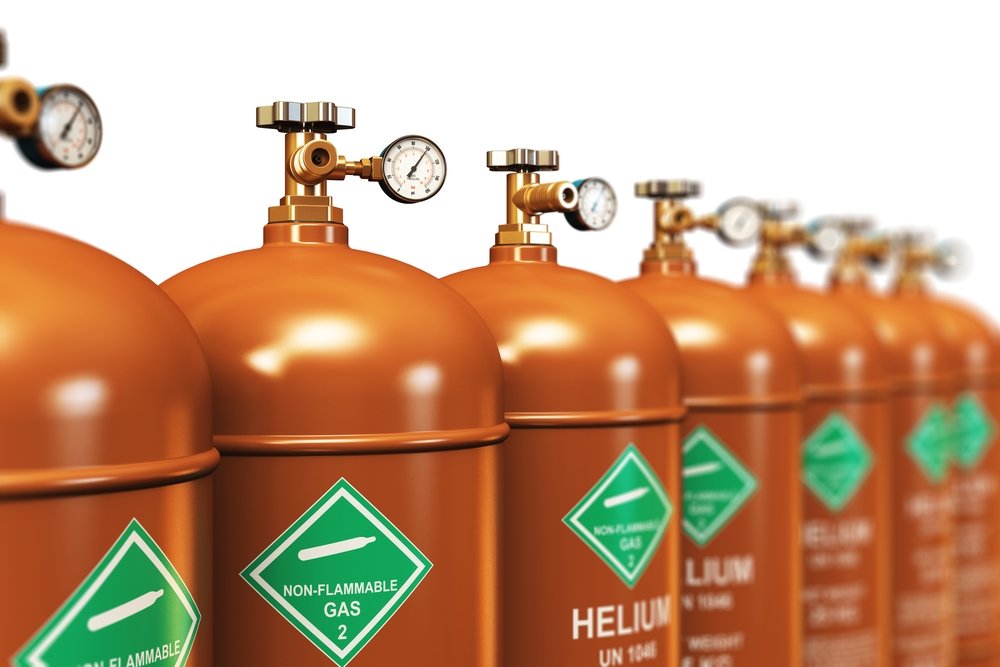A global shortage of helium has the world's doctors worried about one of the gas's most basic and perhaps unexpected uses: magnetic resonance imaging.

As strange as it sounds, the lighter-than-air element used to inflate balloons is also used by medical diagnostic machines. A magneticThe tomograph cannot operate without about 2.000 liters of liquid helium to keep the magnets cold. But helium – a non-renewable element found deep in the Earth's crust – is running out, leaving hospitals wondering how to plan for the future with minimal supplies… said Phil Kornbluth, president of Kornbluth Helium Consulting.
Suppliers are of course prioritizing health care by reducing helium distributions to less essential customers.
Hospitals have not yet canceled patient MRIs or shut down the machines. However, the cost of solar is rising at an alarming rate. The future of MRI remains uncertain. The problem is that no other element is cold enough for MRI. "There is no alternative," said Donna Craft, regional director of construction for Premier Inc., which contracts with helium suppliers for about 4.000 hospitals. "Without the sun, MRIs would have to stop."
GE and Siemens began making MRIs that require less helium. Siemens presented recently one that requires just 0,7 liters and GE has released a machine that is “1,4 times more efficient than previous models”. These technologies are not widely available, however, and replacing the 12.000 MRI machines of USA – each weighing up to 22 tonnes – is anything but a quick fix.
The NBC News article he says that some scientists are already stopping research projects that require helium.





